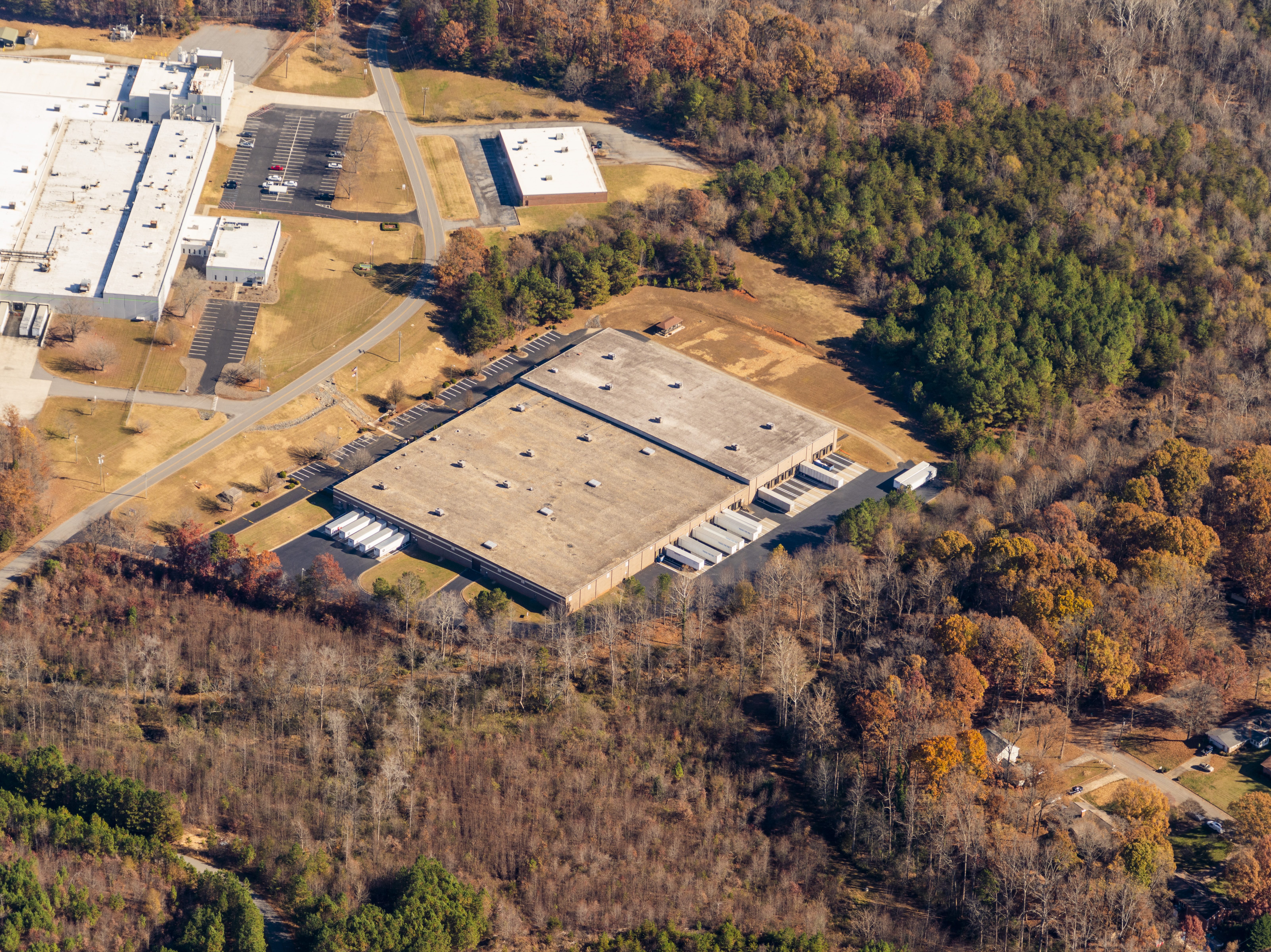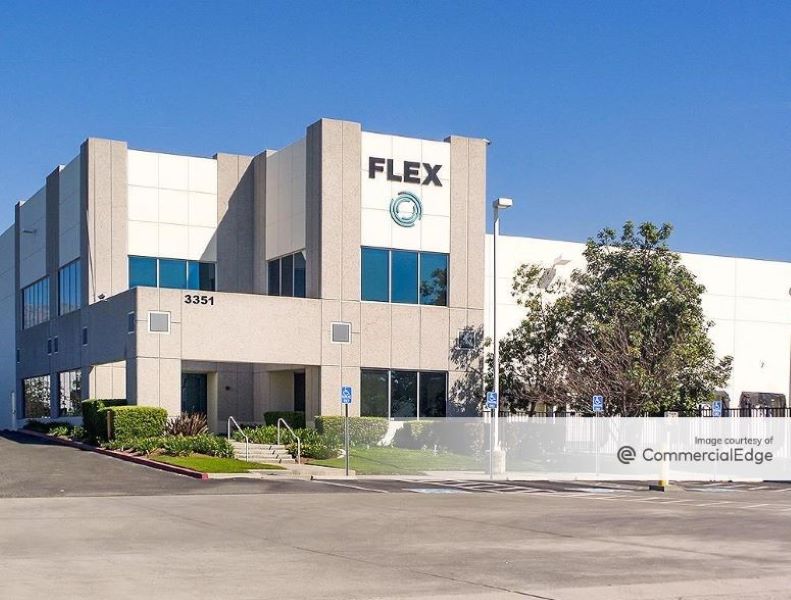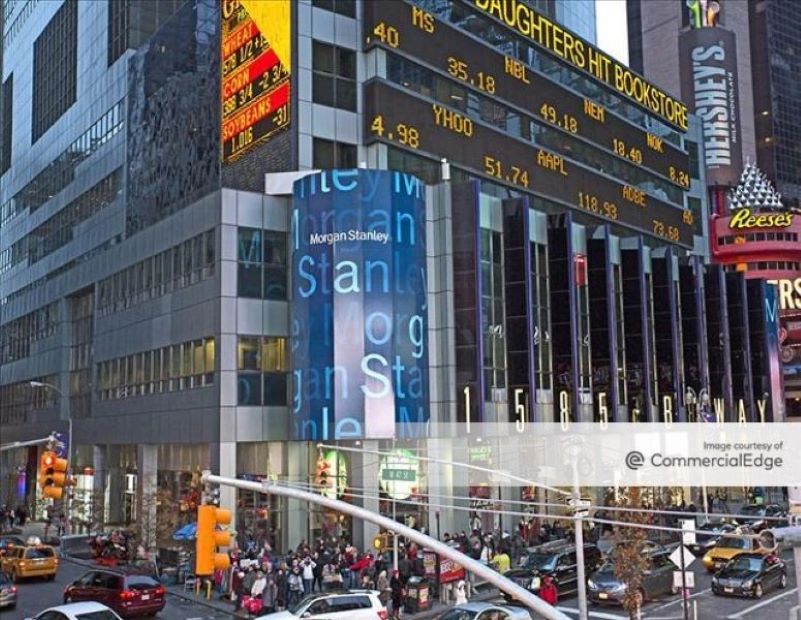Economic Update – Starwood Eyes Distressed Sector with $500M Fund
Yet another deep-pocketed real estate entity has jumped into the grave-dancing game—only please, don’t call it that, but rather strategic investment in distressed properties. The player is a newly formed investment company called Starwood Property Trust Inc., a creation of Starwood mogul Barry Sternlicht, which filed with the Securities and Exchange Commission late last week…
Yet another deep-pocketed real estate entity has jumped into the grave-dancing game—only please, don’t call it that, but rather strategic investment in distressed properties. The player is a newly formed investment company called Starwood Property Trust Inc., a creation of Starwood mogul Barry Sternlicht, which filed with the Securities and Exchange Commission late last week for a public offering that aims to raise half a billion dollars to do the distressed-property boogie. It will invest in not only physical properties, but mortgages and mortgage-backed securities. “We believe that the next five years will be one of the most attractive real estate investment periods in the past 50 years,” the filing said, and a fairly good argument could be made in commercial real estate circles these days that now is indeed a time of golden opportunity. “The dislocations in the real estate market have already caused and we believe will continue to cause an ‘over-correction’ in the repricing of real estate assets,” the filing continued. “We expect to capitalize on these market dislocations and capital void.” Moreover, Starwood believes that there will be sellers a-plenty, pretty much because they will have no choice: “There will be a significant supply of distressed investment opportunities from sellers and equity sponsors of real estate, including national and regional banks, individuals, insurance companies, finance companies, fund managers and other institutions,” the filed noted. Also in the category of the big-getting-bigger–which might well be one of the lasting results of the current economic troubles–Wal-Mart Stores Inc. held its first shareholder meeting since Michael T. Duke took over as president and CEO of the company early this year. “This is not a time to slow down,” Duke told the assembled ownership throughout the world. “This is not a time to take comfort in our success. This is Wal-Mart’s time to look to the future and seize the opportunity to truly lead around the world.” In other words, it isn’t enough to be the largest retailer in the world. Wal-Mart is shooting to be the largest retailer in every reasonably developed market in the world. It’s an entirely possible dream for the company, which has sales–more than $400 billion in 2008–higher than the gross domestic product of many nations, such as Belgium, Columbia or Malaysia. Wal-Mart sales have been boosted by the recession, naturally, but Duke posited that some of the middle-class shoppers who have recently started shopping at the retail behemoth will stay, even after they are more secure about their financies. “Our customers will stay with us when this economy turns around and they have more discretionary money to spend,” he said. “We are building long-term loyalty to Wal-Mart.” In the current economy, a slower rate of decline than during the glum months of late 2008 and early 2009 counts as good news. That’s the reason that Friday’s job report from the U.S. Department of Commercial was greeting as “good news.” Only 345,000 people or so were shown the door in May, compared with half a million or more in previous months. Still, the U.S. official unemployment rate now stands at 9.4 percent, the highest in a quarter century. Wall Street wobbled around most of the day on Friday, with the Dow Jones Industrial Average ending up a slight 12.89 points, or 0.15 percent. The S&P 500 was, by contrast, down 0.25 percent, and Nasdaq lost a minuscule 0.03 percent.






